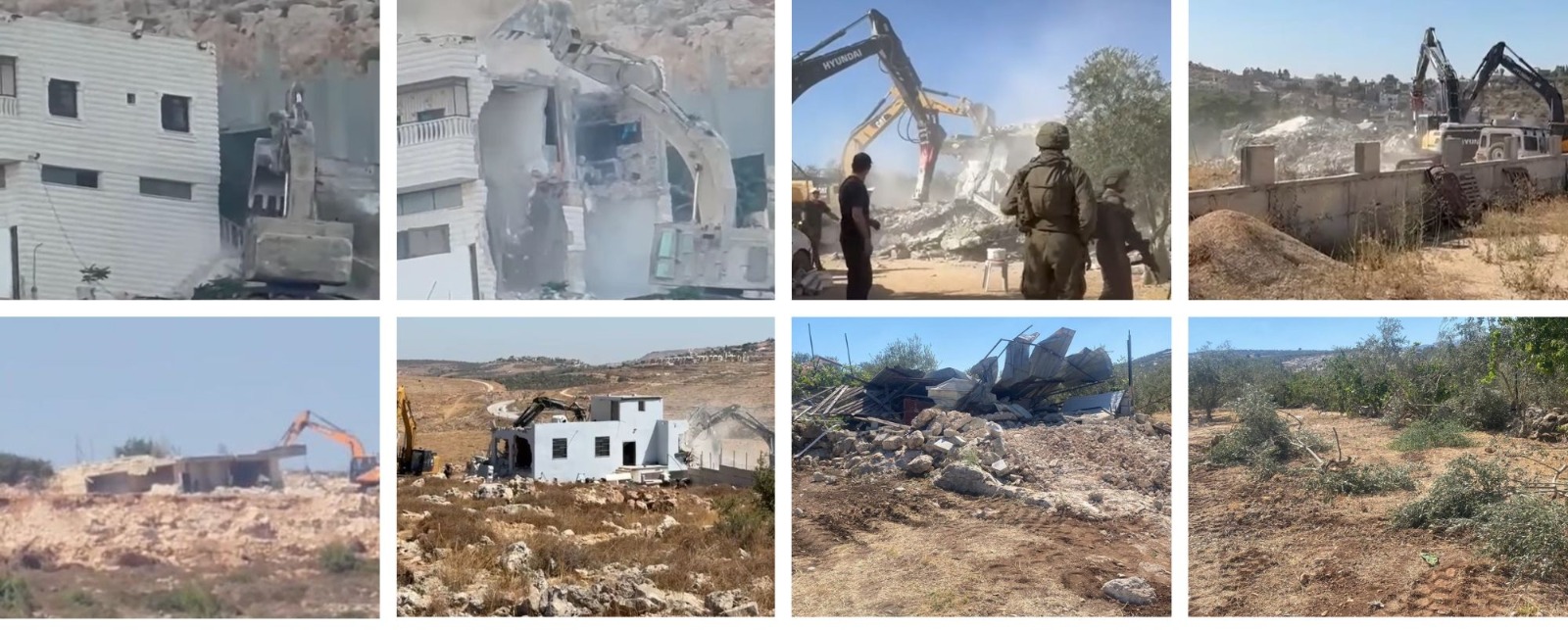Important News
- Israel forces detain Palestinian child, deliberately run over livestock in northern Jordan Valley
-

- UPDATE: Israeli forces demolish two Palestinian homes, uproot trees in Ramallah and Jerusalem
-

- Colonists damage internet equipment near the Jordan Valley
-

- Israeli occupation forces demolish five homes northwest of Ramallah
-

- Israeli occupation forces demolish a house in Silwan
-

- The US National Education Association votes to ban the teaching or use of curricula from pro-Israel organizations
-

- WFP says needs in Gaza are 'greater than ever' as hunger spreads
-

- Colonists close road near Nablus with earth mounds
-

- Hundreds protest Israel's Netanyahu's visit to Washington
-

- Gaza: 17 Palestinians killed in Israeli bombing of areas
-

- Israeli forces demolish house near Nablus
-

- Weather: Hot conditions continue, no change in temperature
-

President Abbas Says Settlements Main negotiation Obstacle after Annapolis
CAIRO, January 2, 2008 (WAFA) - President Mahmoud Abbas on Wednesday termed the issue of settlements as the main negotiation obstacle that came up after the Annapolis conference held in late November 2007 in the United States.
At a press conference after his meeting with Egyptian President Hosni Mubarak, President Abbas noted that the Palestinian-Israeli negotiations could not continue with settlement activities going on.
He said Israeli Prime Minister Ehud Olmert has recently promised to send a message to all Israeli ministers to halt settlement activities, adding that he believes Olmert has done so.
President Abbas, who arrived in Egypt on Tuesday, called on Israel to really stop settlement activities on the ground, expressing hope that those expected developments would keep the door open for negotiations, committees' formation and final-status talks.









